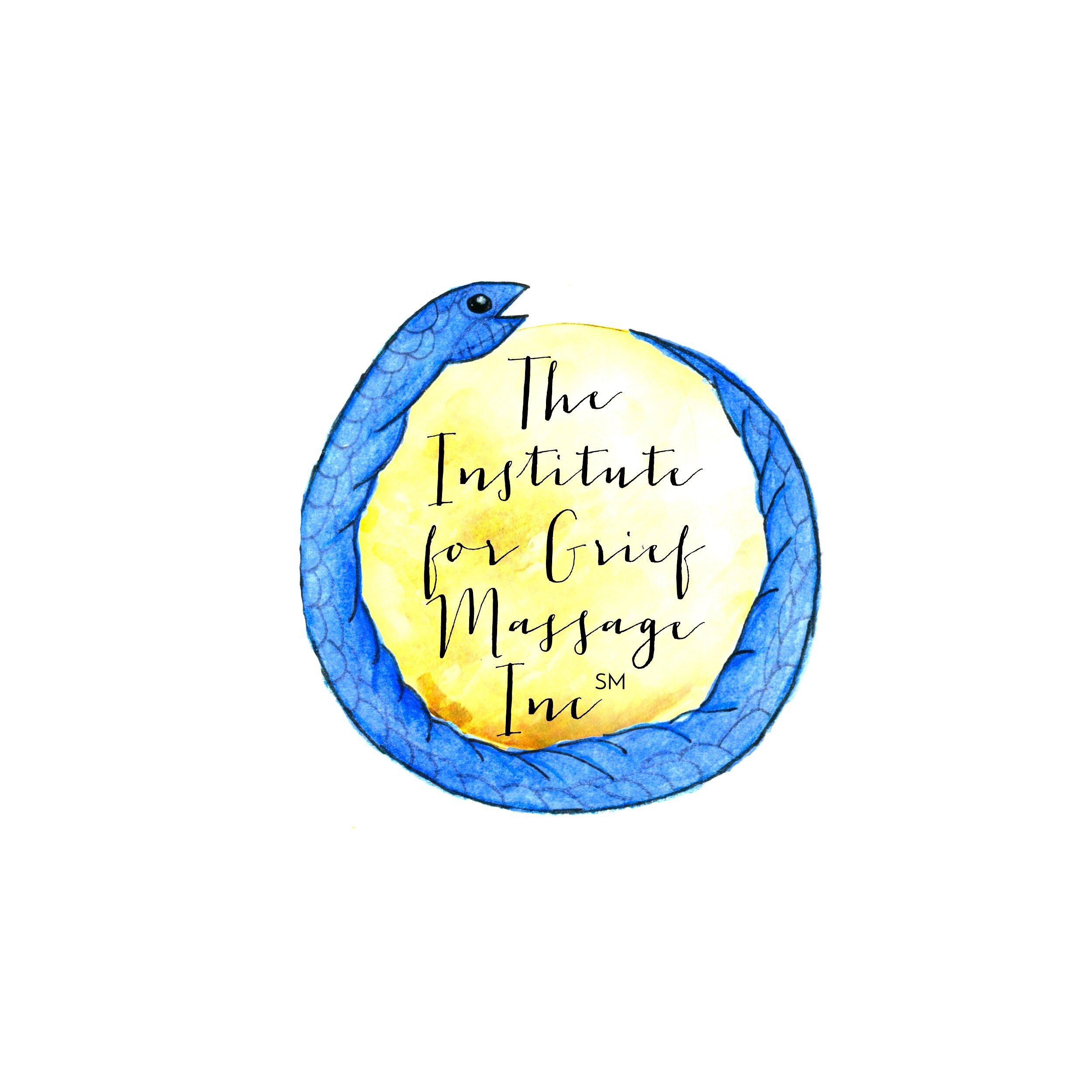Understanding "Grief Brain"
Note: This article originally appeared in my Grief Massage Newsletter. To receive articles like this in your inbox monthly, be sure to subscribe here.
I first began to understand the impacts of "Grief Brain" when I worked with a large number of Grief Massage clients through the first 2012 Grief Massage Community Service Grant (awarded by the Massage Therapy Foundation to myself and the non-profit organization I partnered with).
Through the grant, I was able to offer a series of 3 free 1 hour Grief Massage sessions to anyone in the Charlotte NC area who had suffered a sudden traumatic loss.
This was the largest number of Grief Massage clients I had ever worked with at one time. A local newspaper article about the project had generated a great deal of interest, and I was quickly learning to adapt my procedures and protocols to a larger flow of clients.
How "Grief Brain" Showed Up
What I noticed almost right away, was that many of my clients struggled to remember the day and time of their appointments, which resulted in a surprising number of late arrivals and "no shows".
I also noticed that filling out intake forms and paperwork presented difficulty when clients arrived to their first session - I could tell that many clients were overwhelmed by the prospect of completing their health history and intake forms.
I attempted to adapt by sending paperwork for clients to complete at home, but then I realized that some clients would complete the paperwork and then forget to bring it to the appointment. Many of my clients seemed to feel embarrassed, ashamed, and stressed out about their forgetfulness and mental fogginess.
It happened so much, that I began to recognize it as a "real thing" and began implementing strategies and protocols to account for "Grief Brain".
In my training course (Class 2: Grief Massage Intake and Protocols), I share in-depth about ways to create an intake that is sensitive to "Grief Brain" and other aspects of the grief experience.
What Research Shows
A few years later, while earning my undergraduate degree in psychology, I spent a year working on a literature review of the physical effects of grief.
One of the research studies I reviewed really caught my attention because it stated that bereaved study participants (people who lost a loved one to death) were found to have greater difficulty switching their attention between different tasks (Ward, Mathias and Hitchings, 2007).
So, while "Grief Brain" isn't a scientific or medical concept, research (in at least one study) has shown that there can be measurable cognitive effects from grief.
Personally, I believe that the great stress of grieving a loss can play an enormous role in "Grief Brain" too. It takes an enormous amount of emotional, mental, and physical energy to adapt to a loss.
It makes sense that the demands of everyday life can become overwhelming.
What Others Are Saying About Grief & The Brain
In her book, "It's OK That You're Not OK", author and grief advocate Megan Devine has an entire chapter devoted to the physical effects of grief. She has actually titled that chapter "What Happened to My Mind? Dealing With Grief's Physical Side Effects".
The fact that she included a reference to cognitive effects in the chapter title is significant. In that chapter on physical side effects of grief, she mentions cognitive effects like memory loss, mental exhaustion, confusion, losing time, and difficulty reading, to name a few.
So, What Does This Overview of "Grief Brain" Mean for Massage Therapists?
I think it means that we need to be sensitive to the fact that grieving, anxious, or highly stressed clients can feel foggy, forgetful, and may even be overwhelmed by "simple" things like remembering when the appointment is, finding the office location, or completing paperwork.
Being sensitive to this calls for us to design simple protocols and procedures (reminder calls, cancellation policies, online intake portals etc) to respond with compassion and understanding when clients are forgetful, confused, or overwhelmed.
Be gentle with grieving clients. Be prepared for "Grief Brain". Keep adapting your policies and procedures to account for how this shows up in your office.
References:
Ward, L., Mathias, J.L. & Hitchings, S.E. (2007). Relationships between bereavement and cognitive functioning in older adults. Gerontology (53) 6. 362-72.
Devine, M. (2017). It's ok that you're not ok. Sounds True: Boulder, CO

